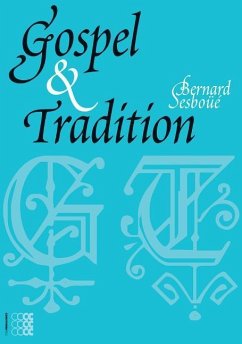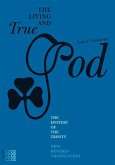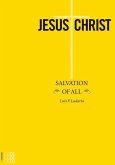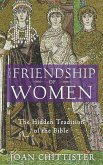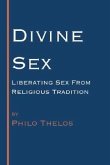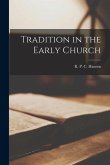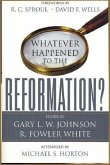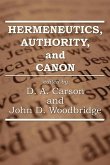In this book Sesboue addresses the issue of Church Tradition and its meaning and significance for contemporary Christian life. One cannot rediscover the Gospels in their pure state by ignoring subsequent history, because that history has been tested by time and by people within the community of faith. The Church is the bearer of this witness throughout the ages and is subject to the judgement of this witness. This is what is referred to as Tradition. The understanding of what we do with this Tradition and the dogmas of the Church, which can easily be placed in opposition to the Gospel, is at the top of the contemporary agenda in the dialogue between Catholics and Protestants regarding the manner in which tradition is used in relationship with Scripture; and with some among the Orthodox, who tend to magnify its role. This issue is also becoming a matter of serious dissent among Catholics, raising the question of the Mass according to the Roman Rite of Pius V. The author offers this book in good faith as a resource that may assist in promoting authentic reconciliation as the result of these necessary debates. Sesboue holds that true Tradition, which is the transmission of the Gospel from the Apostles to us, has always linked the new with the old. It has nothing to do with a recurrent, fixed understanding of the Church; such a view would be historically inaccurate and incompatible with a correct understanding of dogma. The author illustrates this thesis on the basis of historical evidence and theological argumentations. He concludes with a reflection on the new roles to which the Gospel leads us today.

